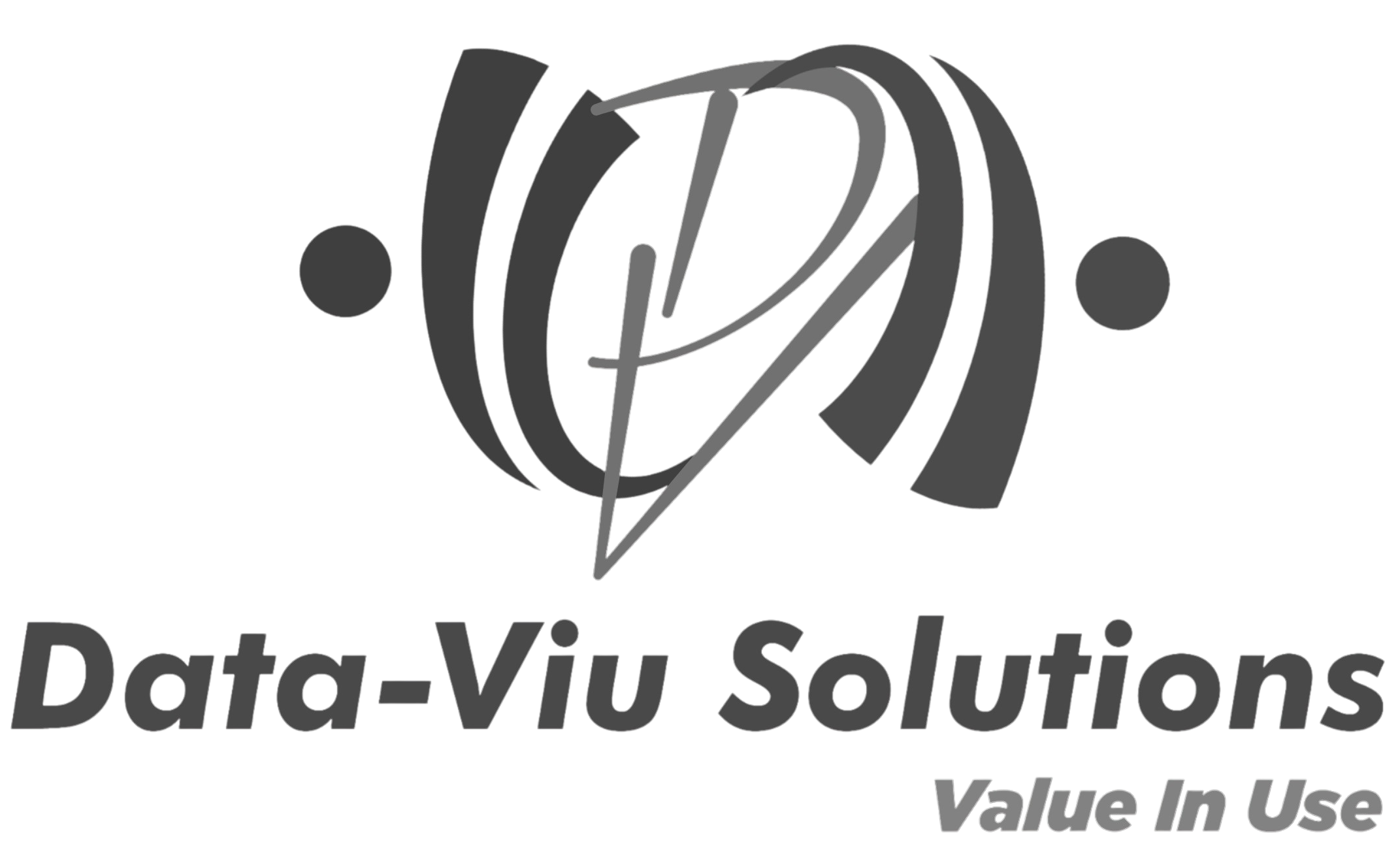Take control of your online privacy in 2024 with the ultimate guide to choosing and using a VPN for unmatched security.
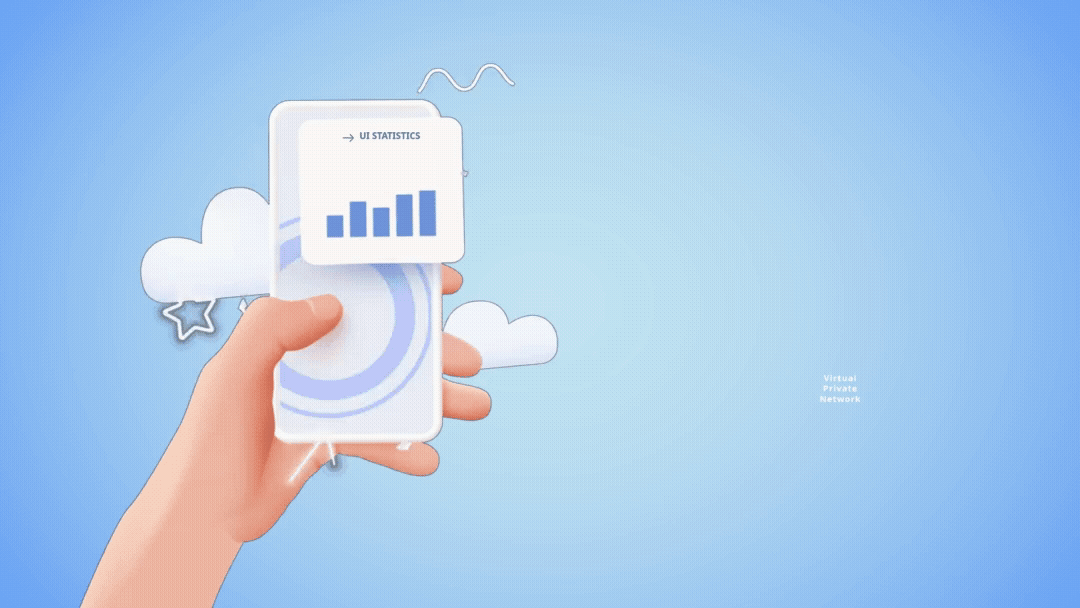
Introduction
Hey Guys, I Hope you’re all excellent and healthy. In this Blog. I’m going to explain about VPNs and all its uses. And Explain How to use and what are the benefits of it.
The digital age brings incredible convenience and connectivity, but it also exposes us to unprecedented privacy risks. From advertisers tracking our every move to hackers lurking on public Wi-Fi, our online data is constantly vulnerable. A Virtual Private Network (VPN) is your armour in this digital battlefield. It’s your secret weapon for reclaiming control over your online privacy, security, and freedom.
Whether you are concerned about safeguarding your data, accessing geo-restricted content, or enhancing your online gaming experience, It can be your ally, In this article, we’ll explore the world of VPNs, understand what they are, how they, and where they can be used effectively.
What is a VPN? Decrypting the Mystery
A Virtual Private Network acts as a secure tunnel between your device and the internet. When you connect to a it, your data is encrypted and routed through a remote server, masking your real IP address and location. This has several powerful implications:
- Security: Public Wi-Fi networks are notoriously insecure. Its creates a private, encrypted connection, making it virtually impossible for hackers to intercept your data.
- Encryption: Think of encryption as scrambling your data into an unreadable code. This prevents anyone – your ISP, government agencies, or hackers – from seeing what you’re doing online.
- Anonymity: Your real IP address is replaced with the IP address of the VPN server, making it appear as if you’re browsing from a different location. This shields your identity and prevents websites from tracking you.
Why You Need a VPN: Unlocking the Benefits
- Privacy Protection
- Security on Public Wi-Fi
- Bypass Censorship and Geo-Restrictions
- Secure Remote Work
- Thwarting Bandwidth Throttling

- Privacy Protection: its blocks your ISP from seeing your browsing history, search queries, and the websites you visit. This means no more targeted ads based on your online activity.
- Security on Public Wi-Fi: Hackers love public Wi-Fi. Without a VPN, your data is exposed, and they can easily steal your passwords, credit card information, and other sensitive details. Its makes you invisible on these networks.
- Bypass Censorship and Geo-Restrictions: Some countries block access to certain websites and services. This allows you to bypass these restrictions by connecting to a server in a different country. This also means you can access region-locked content on streaming platforms like Netflix.
- Secure Remote Work: If you work remotely, Its adds an extra layer of security to your company’s network, preventing unauthorized access and protecting sensitive company data.
- Thwarting Bandwidth Throttling: Some ISPs intentionally slow down your internet speed for certain activities like streaming or gaming. its masks your traffic, preventing your ISP from throttling your bandwidth.
Where to Use Your VPN: Maximizing Its Potential
On Public Wi-Fi: This is non-negotiable. Always use when connecting to public Wi-Fi to avoid the many security risks.
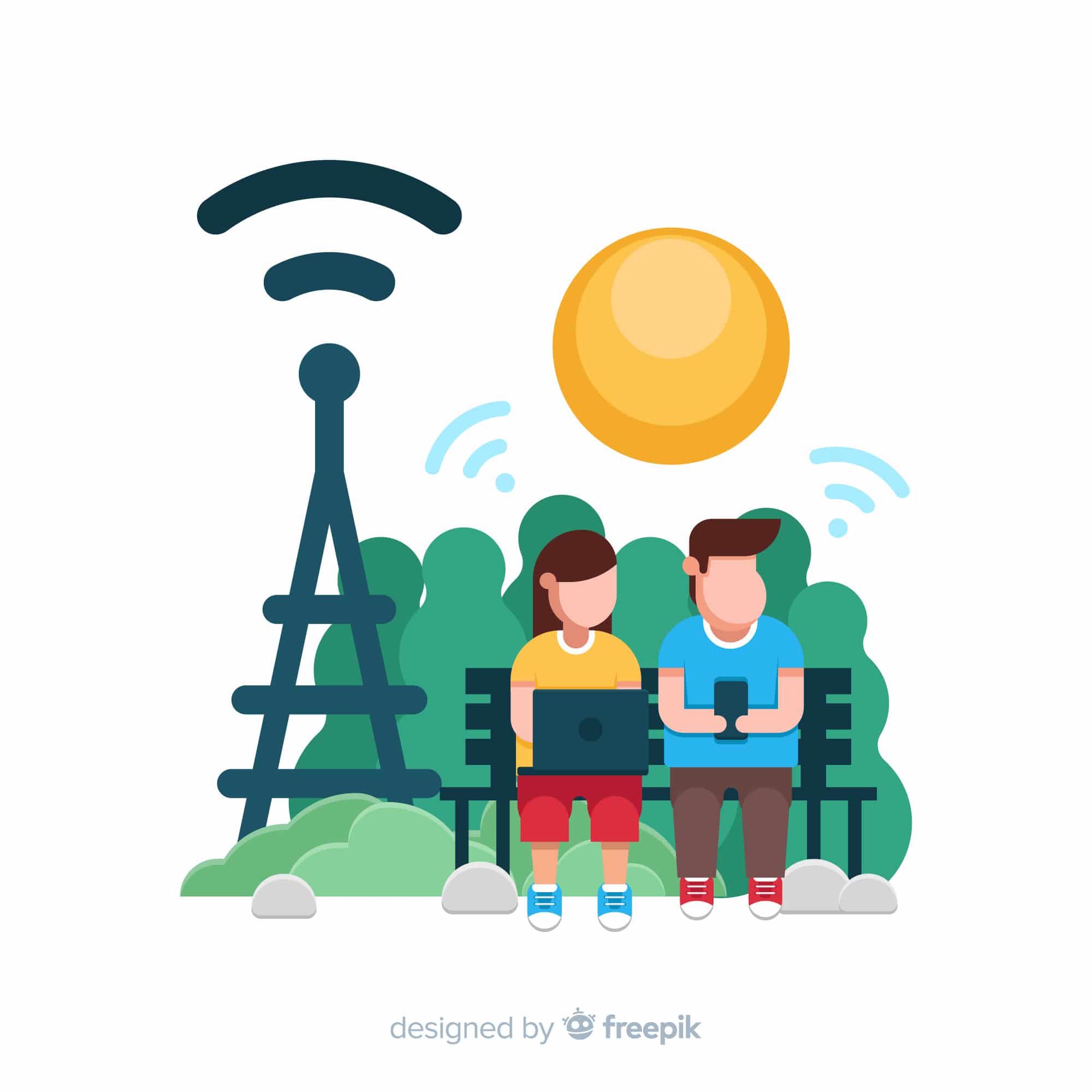
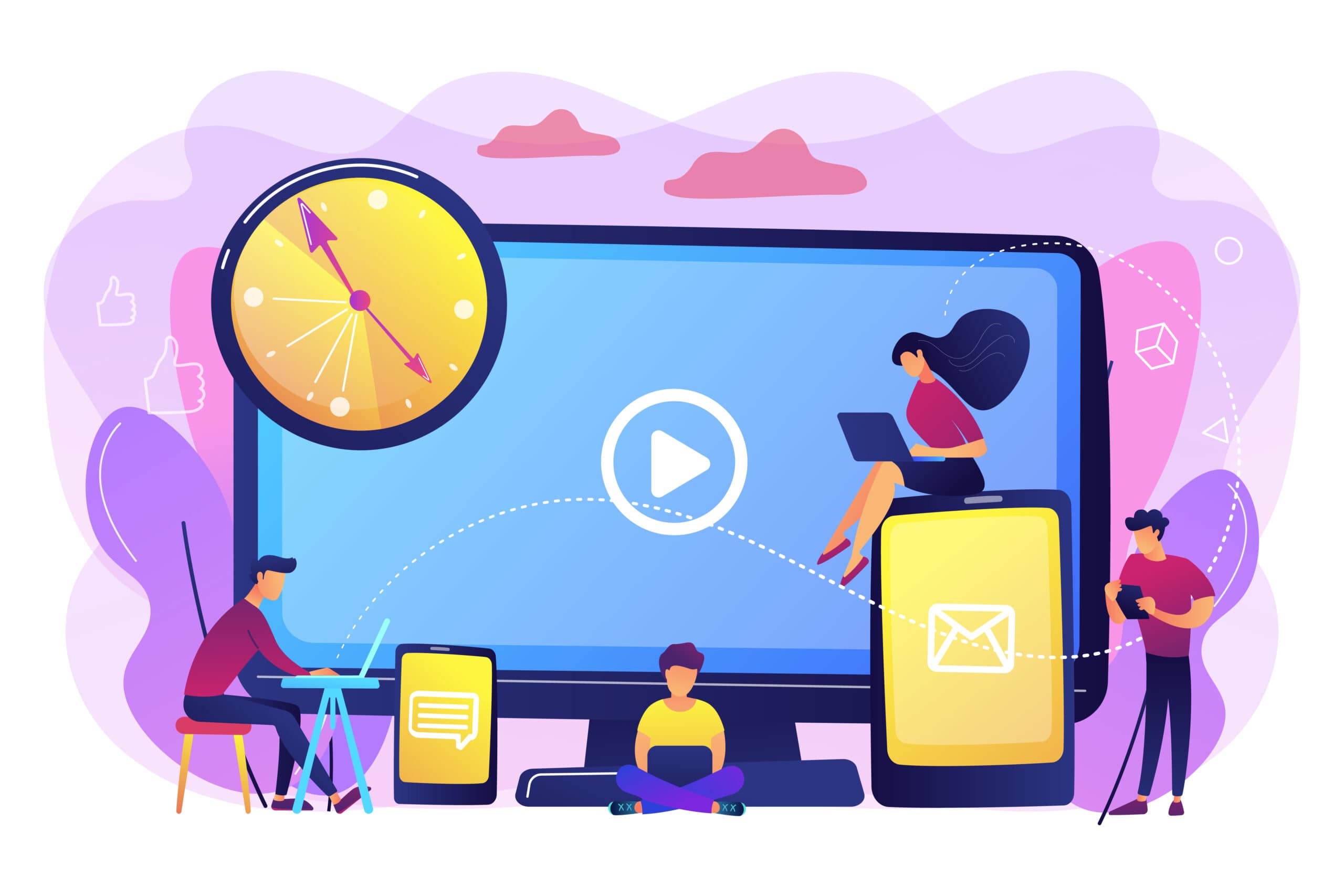
Streaming and Entertainment: Unlock a world of content by accessing different regional libraries on streaming platforms. Bypass throttling by your ISP for smoother streaming.
Travelling: Maintain your privacy and security while travelling abroad. Bypass local censorship and access your usual services.


Gaming: Avoid DDoS attacks and reduce lag by masking your IP address.
Online Banking and Shopping: Protect your financial information and prevent identity theft with an encrypted connection.
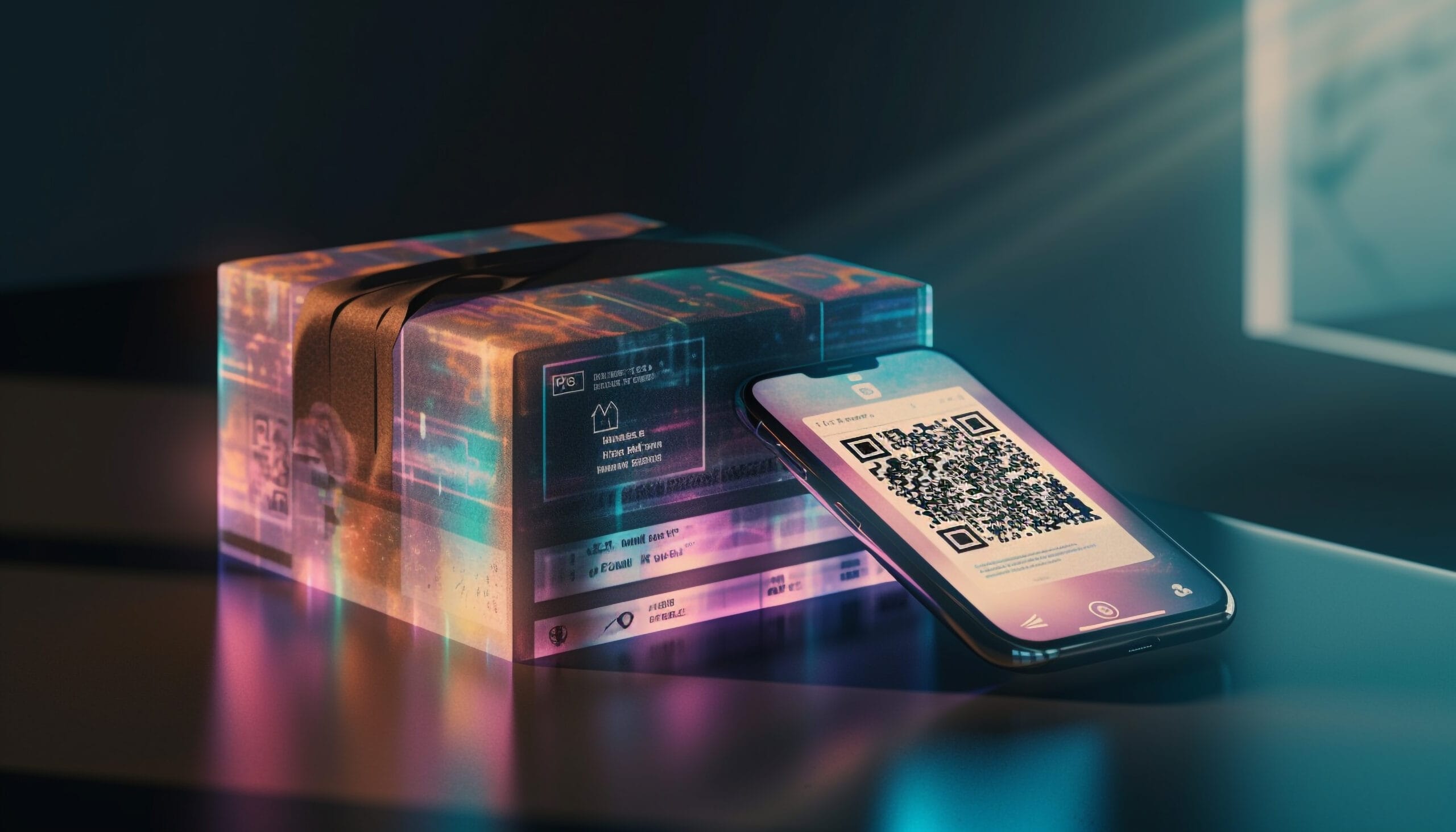
Choosing Your VPN: The Essential Checklist
- Strong Encryption: Look for AES-256 encryption or better.
- Strict No-Logs Policy: Make sure the its provider doesn’t track or store your online activity.
- Kill Switch: This feature automatically disconnects you from the internet if your connection drops, preventing your data from being exposed.
- Wide Server Network: A large network of servers in different locations gives you more options for bypassing geo-restrictions and ensures faster speeds.
- User-Friendly Interface: Choose with intuitive apps for all your devices.
How VPNs Work: A Behind-the-Scenes Look
Understanding how a its works can help you appreciate its power and choose the right one for your needs. Here’s a simplified explanation:
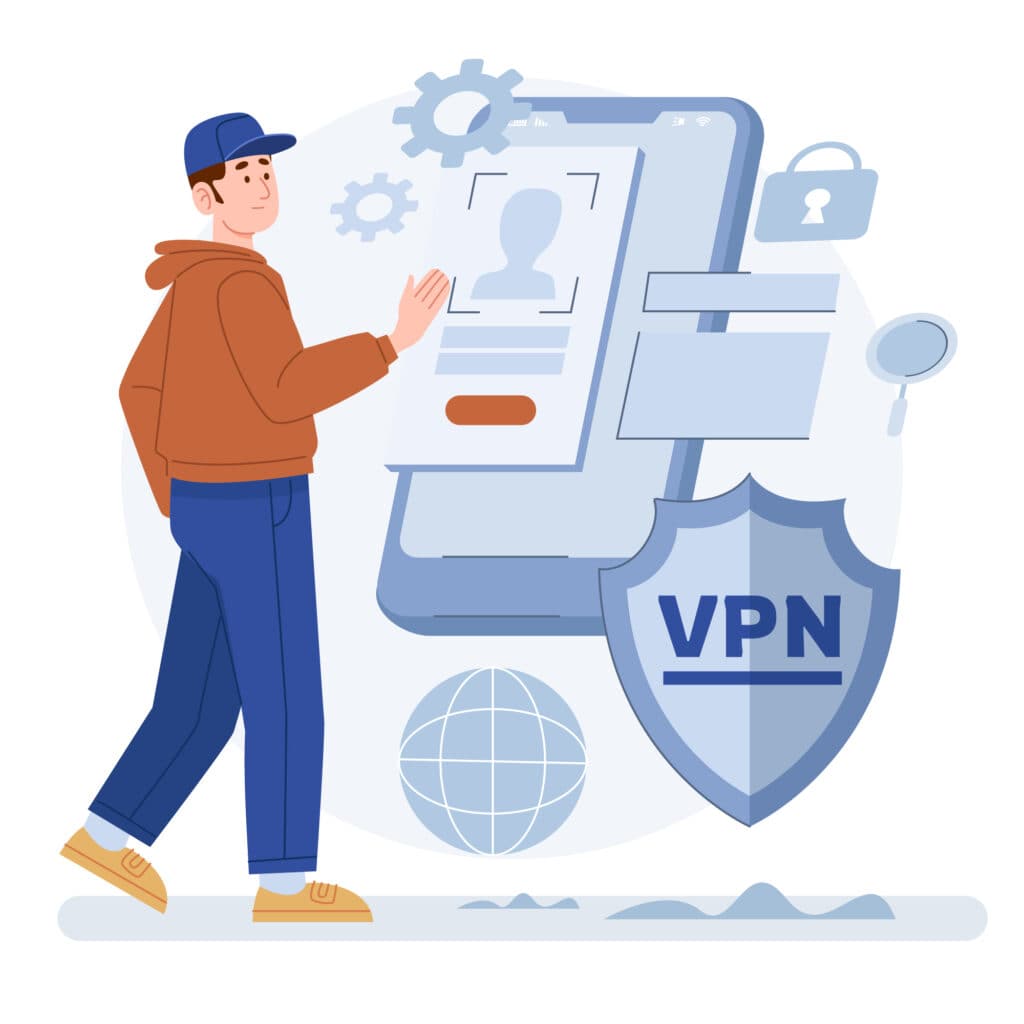
- Connection: When you launch your app and connect to a server, your device establishes a secure connection to that server.
- Encryption: Your data is then encrypted before it leaves your device. This means it’s transformed into unreadable code, making it impossible for anyone to decipher it without the decryption key.
- Tunnelling: Your encrypted data is then sent through a secure tunnel to the server. This tunnel protects your data from being intercepted or monitored by your ISP, hackers, or anyone else.
- Masking: When your data reaches the server, it’s decrypted and assigned a new IP address that matches the server’s location. This masks your real IP address and makes it appear as if you’re browsing from a different location.
- Accessing the Internet: The server then sends your data to the website or service you’re trying to access. The website sees the VPN server’s IP address, not yours, thus protecting your privacy.
- Return Trip: The data you receive from the website follows the same encrypted path back to your device, ensuring your privacy and security throughout the entire process.
VPN Protocols: Which One is Right for You?
Different protocols offer varying levels of security, speed, and compatibility. Here’s a quick overview of some of the most popular protocols:
- OpenVPN: This open-source protocol is widely considered the most secure and reliable. It offers strong encryption and is compatible with most devices and operating systems.
- WireGuard: A newer protocol that boasts faster speeds and improved performance compared to OpenVPN. It’s also easier to configure and maintain.
- IKEv2/IPsec: A secure protocol often used for mobile VPN connections. It’s known for its stability and ability to reconnect quickly when switching networks.
- L2TP/IPsec: An older protocol that’s less secure than OpenVPN but still offers decent encryption. It’s often used as a backup option if OpenVPN isn’t available.
Here are Some free and Trusted VPNs for Android & Windows/Mac with Pros & Cons
Free VPNs:
Proton VPN Free:
- Pros: Unlimited data, strong security, reputable company
- Cons: Limited server locations (3), slower speeds compared to the paid version
- Best For: Everyday browsing, privacy-conscious users
Windscribe Free:
- Pros: Generous 10GB monthly data limit, good server network, ad-blocking
- Cons: Slower speeds for streaming, limited simultaneous connections
- Best For: Occasional use, accessing geo-restricted content
Hide. me Free VPN:
- Pros: Strong privacy features, 10GB monthly data, no-logs policy
- Cons: Limited server locations, slower speeds for streaming
- Best For Users Prioritizing privacy and security
Hotspot Shield Basic:
- Pros: Unlimited data, easy to use, fast speeds for basic browsing
- Cons: Ads, limited server locations, not ideal for streaming
- Best For: Casual users, occasional use
TunnelBear Free:
- Pros: User-friendly interface, decent speeds, 500MB monthly data
- Cons: Low data limit, limited server locations
- Best For: Very occasional use, testing for the first time
Windows’ Hidden Power: How to Use the Windows Built-in VPN
Did you know Windows comes with its own client? It’s a handy tool for basic VPN connections and doesn’t require any extra software downloads. Here’s how to set it up:
Gather Your Credentials: You’ll need the following information from your VPN provider or network administrator. You can use the VPN Gate Website for this. Copy the Hostnames Or Servers Address following the setups.
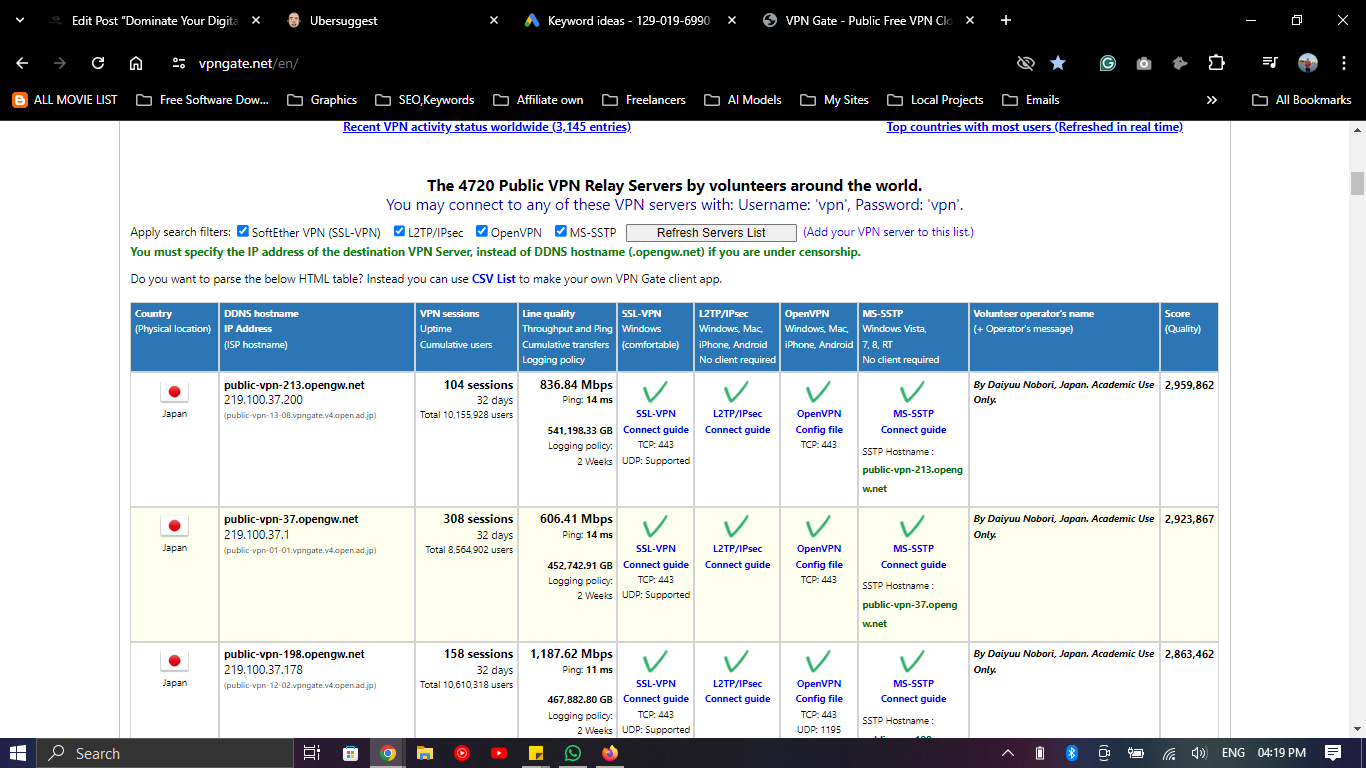
- Server address or name
- VPN type (PPTP, L2TP/IPsec, IKEv2)
- Sign-in information (username and password)
Open VPN Settings:
- Click the Start button and type “VPN” in the search bar.
- Select “VPN settings.”
Add a New VPN Connection:
- Click “Add a connection.”
- In the “VPN Provider” field, select “Windows (built-in).”
- Enter a name for your connection (e.g., “Work”).
- In the “Server name or address” field, enter the address provided by your VPN provider.
- Select the “VPN type” that matches your provider’s information.
- Choose your “Type of sign-in info” (usually username and password).
- Click “Save.”
Connect to the VPN:
- Enter your username and password when prompted.
- Go back to the “VPN settings” page.
- Find your newly created connection and click “Connect.”
Important Considerations for Free VPNs:
- Limited Features: Free VPNs often have fewer server options, slower speeds, and data caps.
- Potential Security Concerns: Some free VPNs may log your data or sell it to third parties.
- Not Ideal for Streaming: Most free VPNs are not optimized for streaming due to slower speeds and limited server locations.
Recommendations:
- If you need a for occasional use, a free option might suffice.
- For regular use, streaming, or high-security needs, consider a reputable paid VPN.
- Always research a provider’s privacy policy and logging practices before using their service.
Let me know if you’d like recommendations for paid VPNs as well!
Beyond the Basics: Advanced VPN Features
Many Providers offer additional features to enhance your privacy and security:
- Split Tunneling: Allows you to route some of your traffic through the connections while other traffic goes directly to the internet. This can be useful for accessing local devices on your network while still using the VPN for other activities.
- Double VPN: Encrypts your data twice by routing it through two different servers for added security.
- Obfuscated Servers: Help you bypass blocks in countries with strict internet censorship.
- Ad and Malware Blocking: Some VPNs include built-in ad blockers and malware protection to enhance your browsing experience.
Staying Safe Online: Additional Tips
While is a powerful tool for protecting your privacy, it’s important to adopt other good online security practices:
- Strong Passwords: Use unique, complex passwords for all your online accounts.
- Two-Factor Authentication (2FA): Enable 2FA whenever possible to add an extra layer of security to your accounts.
- Keep Software Updated: Regularly update your operating system and apps to patch security vulnerabilities.
- Be Cautious of Public Wi-Fi: Avoid logging into sensitive accounts or sharing personal information while on public Wi-Fi, even with a VPN.
Conclusion
In an era of data breaches, surveillance, and online threats, it is not just a tool for tech enthusiasts; it’s a fundamental requirement for anyone who values their digital privacy and security. By taking the simple step of using a VPN, you can empower yourself to browse the internet freely, securely, and anonymously.
FAQs
1. Is using a VPN legal?
Yes, using it is legal in most countries. However, it’s essential to use it for legal activities and to respect the terms of service of the provider.
2. Can a VPN slow down my internet connection?
Yes, a VPN can slightly slow down your internet speed due to the encryption process and the distance between your device and the server. However, with a reputable provider, the difference is usually negligible.
3. Are all VPNs equally secure?
No, not all VPNs offer the same level of security. It’s crucial to choose a reputable provider that employs strong encryption and has a strict no-logs policy.
4. Can I use a VPN on my mobile device?
Yes, most providers offer apps for mobile devices, making it easy to protect your privacy and security while using smartphones or tablets.
5. Do free VPNs provide the same level of protection as paid ones?
Free VPNs may offer basic protection, but they often come with limitations such as slower speeds and data caps. Paid services generally offer higher levels of security and performance.
Protecting your digital privacy is more important now than ever before. By understanding the power and functionality of VPNs, you can take control of your online presence and safeguard your personal information. With the ultimate guide we provided, you have the knowledge and tools to dominate your digital privacy in 2024.
We encourage you to take action and implement the tips and techniques shared in this blog post. Whether you’re a casual internet user or a tech-savvy individual, the benefits of using it are undeniable.
Have any questions or thoughts to share? We would love to hear your feedback. Leave a comment on this blog post and engage with our community. Together, let’s create a safer online environment for everyone.
Thanks For Reading this Article. You can Also Read our other blogs for the link: Click here
